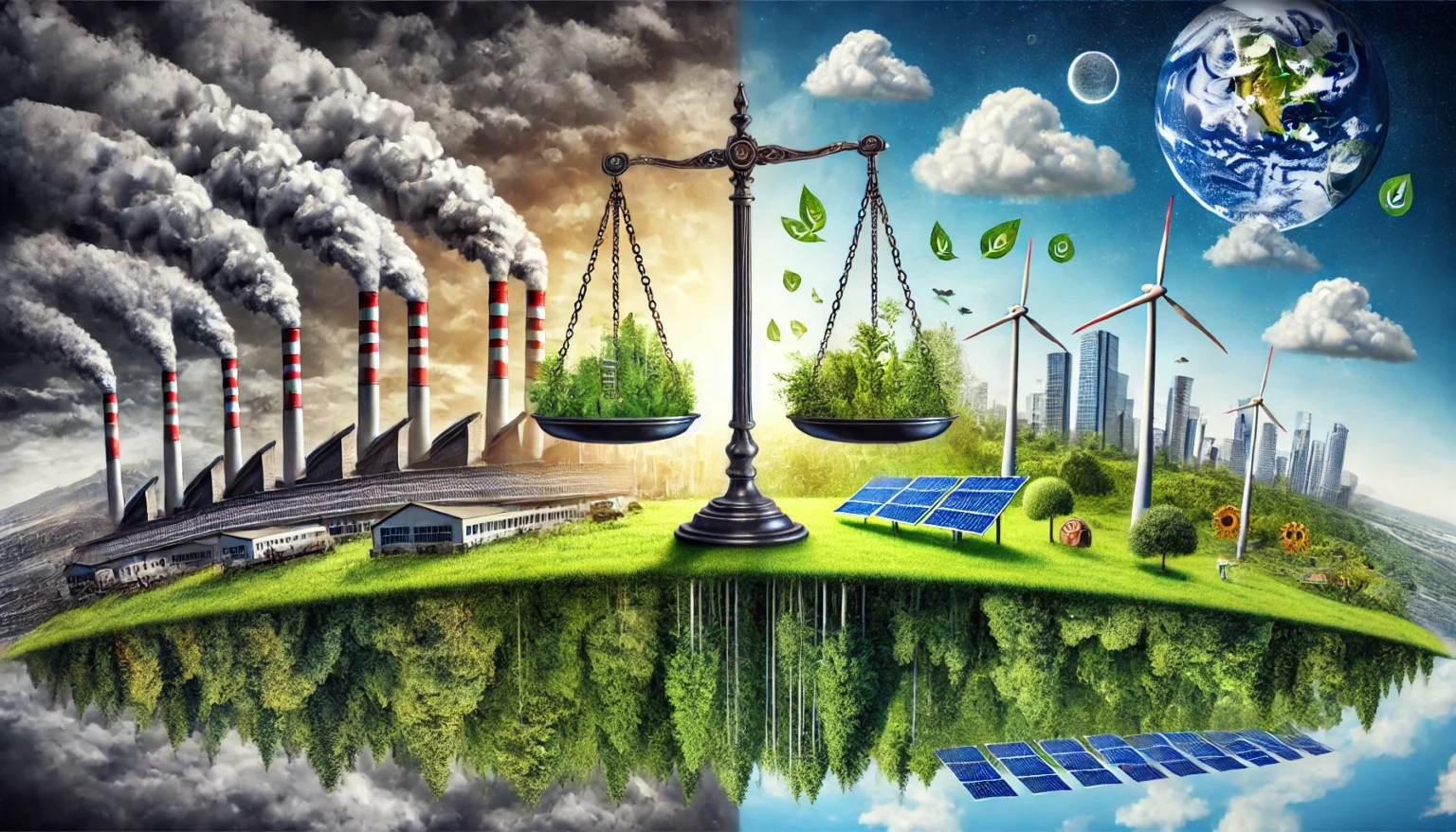I et indlæg i Harvard Law School Forum diskuteres klimakreditter via regulerede eller frivillige markeder. Klimakreditter kan umiddelbart hjælpe virksomheder og lande med at nå klimamål ved at kompensere for deres udledninger, men har i en årrække været genstand for omfattende kritik og kontrovers.
Kritikken omfatter (udklip fra artiklen):
- The UN HLEG (United Nations’ High-Level Expert Group, red.) emphasizes the need for non-state actors to prioritize the urgent and deep reduction of emissions across their value chain. The use of carbon credits risks distracting from this need, however, especially when emissions reduction targets heavily rely on the use of credits. Offsetting cannot be considered a substitute for direct emissions reductions.
- None of the international offsetting standard setters currently provide an accounting mechanism to avoid double counting of emissions reductions. Double counting can occur when a company reduces the GHG emissions for which it is responsible and then counts that reduction as an offset for other GHG emissions. Double counting can also occur when two different entities (the project developer and company buying the credit, for example) both claim the same emissions reduction.
Indlægget kan læses her











